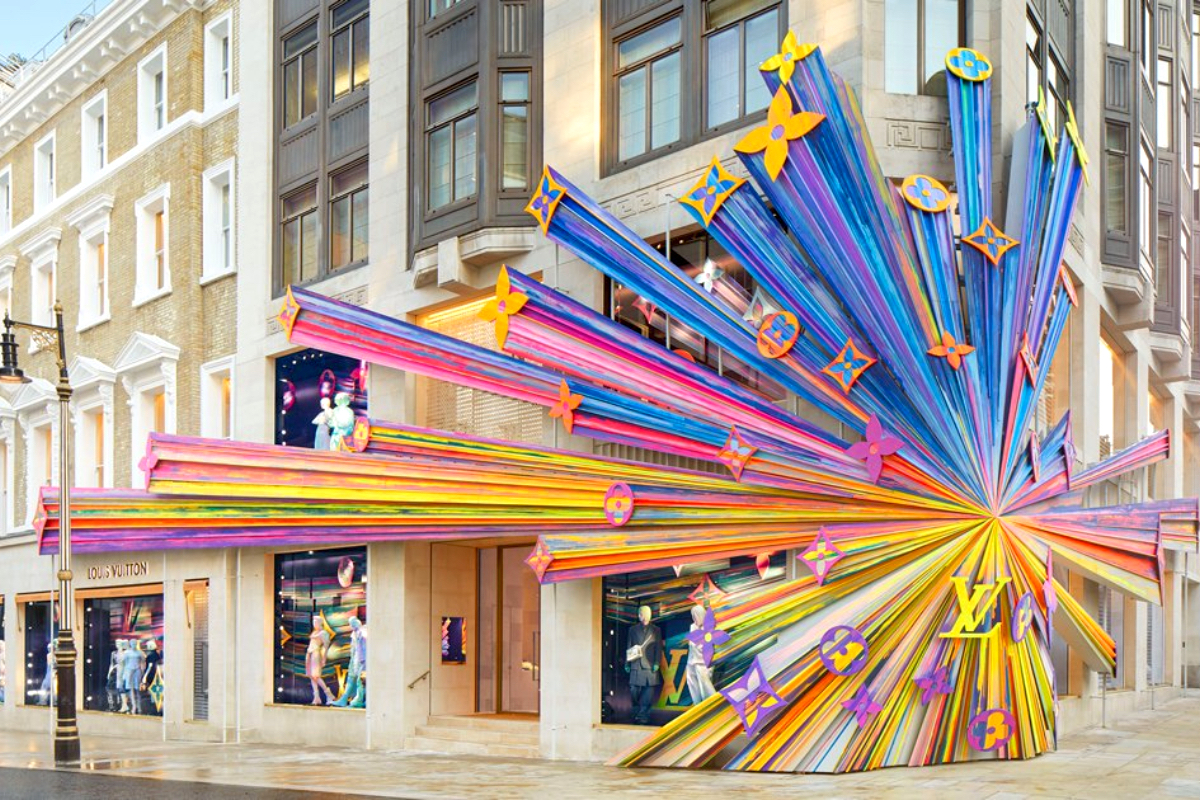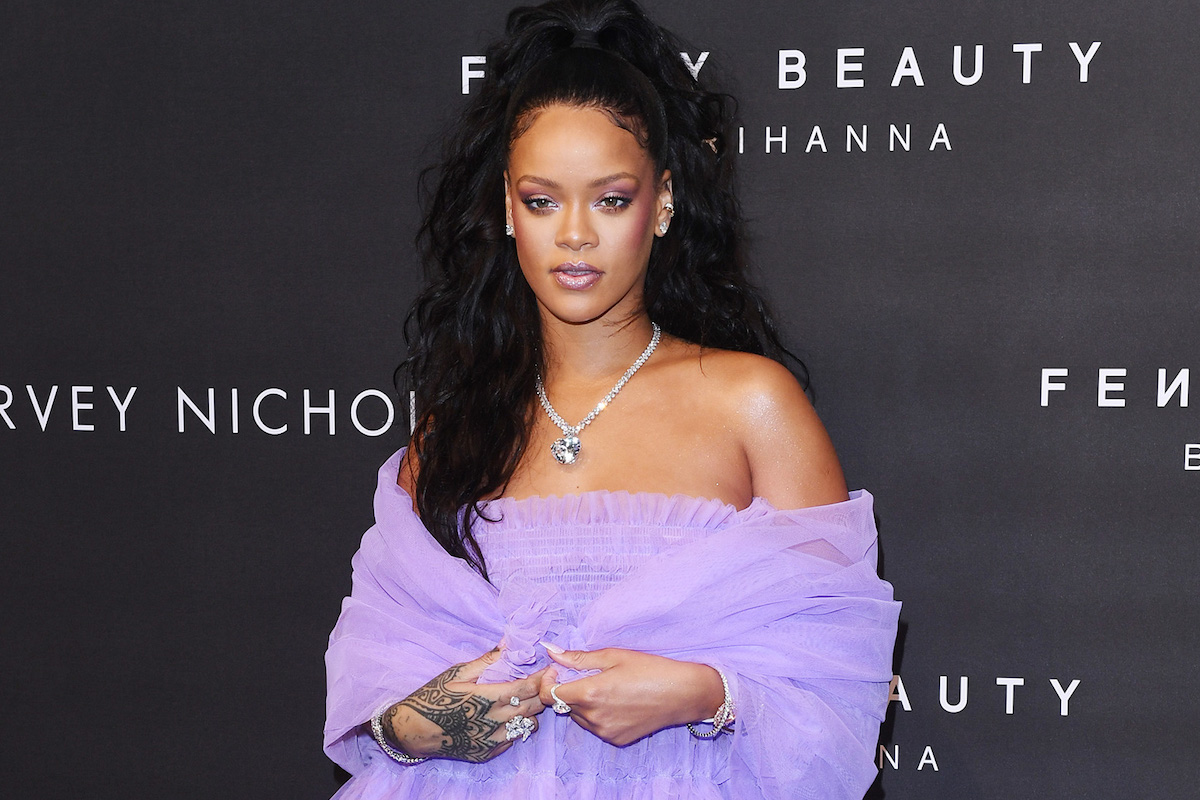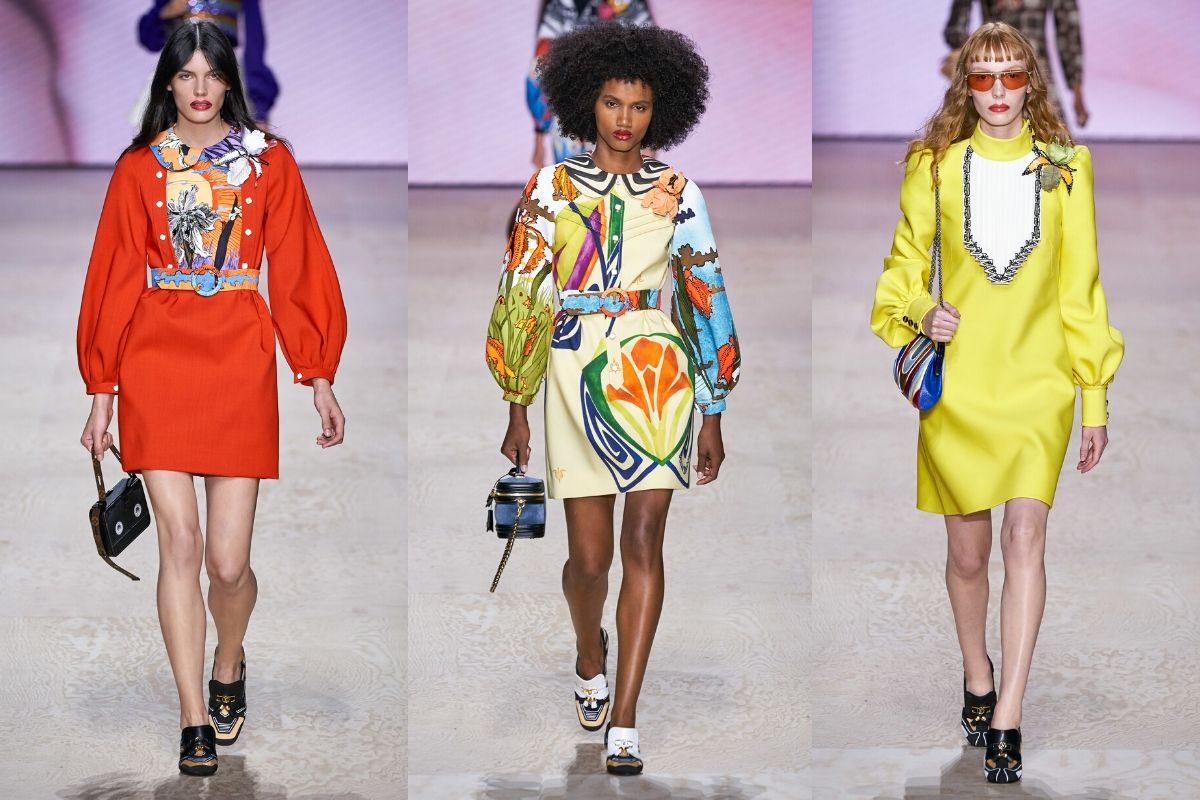Up and coming generations have never held so much buying power.
As today’s tastemakers, they continue to disrupt traditional business models across the world – including the luxury fashion market.
Gone are the days when such brands could rely on heritage to drive growth. Now, if they are not consciously and consistently working to improve online engagement and appeal to a young and tech-savvy demographic, their sales will suffer.
In its tenth edition, the ForwardPMX Luxury Study has revealed the top five most searched luxury fashion brands in the world:
- Louis Vuitton
- Gucci
- Michael Kors
- Balenciaga
- Versace
The report explains that by 2025, nearly all luxury purchases in the US will be influenced by online interactions – whether these transactions occur online or in-store.
Core luxury brand search volume is up 10% YoY, indicating growing interest in the aspirational sector, while visits to the actual brand websites are jumping 6% YoY, culminating in a total of 198.8 million hits.

Gen Y and Z are the future… and the present
Already, millennial consumers account for the largest share of luxury fashion brand site visits, while Gen Z adults are the most over-represented age bracket among luxury brand site visitors compared to their share of the population.
According to ForwardPMX, Generations Y and Z will account for a whopping 130% of luxury market growth by 2025.
“Success is no longer exclusively reliant on heritage in this burgeoning world of luxe, with digital significantly levelling the field and paving the way for consumers to discover and interpret the brands that best suit their tastes and lifestyles,” the report explains.
“In transformation, luxury brands must continue to be change-makers, and to find the right changes to fuel their growth.”
The report notes four streetwear-friendly labels challenging convention to boost their online market share: Off-White, Balenciaga, Brunello Cucinelli, and Rihanna’s LVMH label Fenty.

It also stresses the importance of innovation in the luxury market – from mergers and acquisitions through to new partnerships and fresh talent.
“While in the past, legacy brands may have found themselves on the defensive, many are now stepping out with more risk-taking, bolder experimentation, and, perhaps, a greater inclination to self-disrupt and seek opportunities that help to redefine brand identity,” it states.
Another trend among luxury fashion consumers is the use of resale sites. Resale currently comprises 7% of personal luxury sales and is growing at 12% annually, demonstrating that accessibility is also driving growth.
While overall site traffic and luxury brand search volume are both up, these resale sites and marketplaces present challenges for luxury brands, which will need to focus on greater customer loyalty and retention if they want to compete.
Read next: This Porsche-designed superyacht is like a spaceship on water



